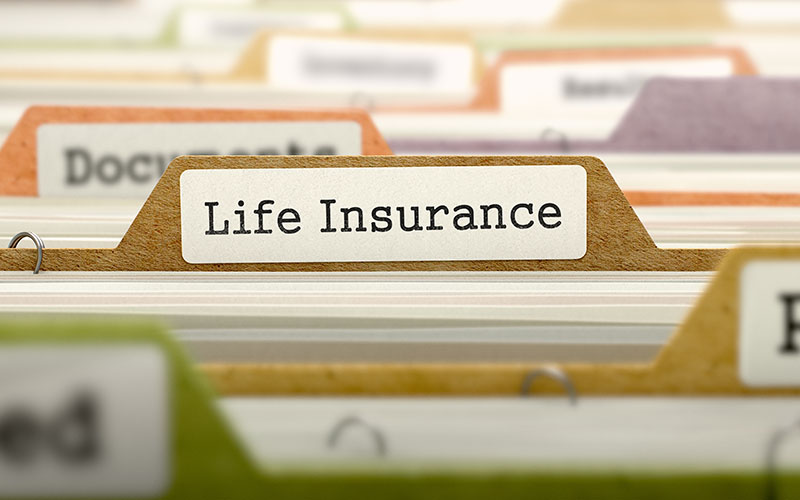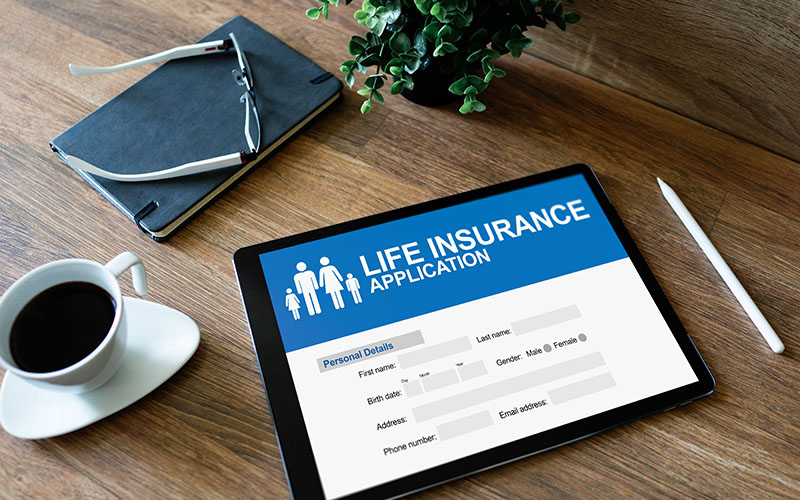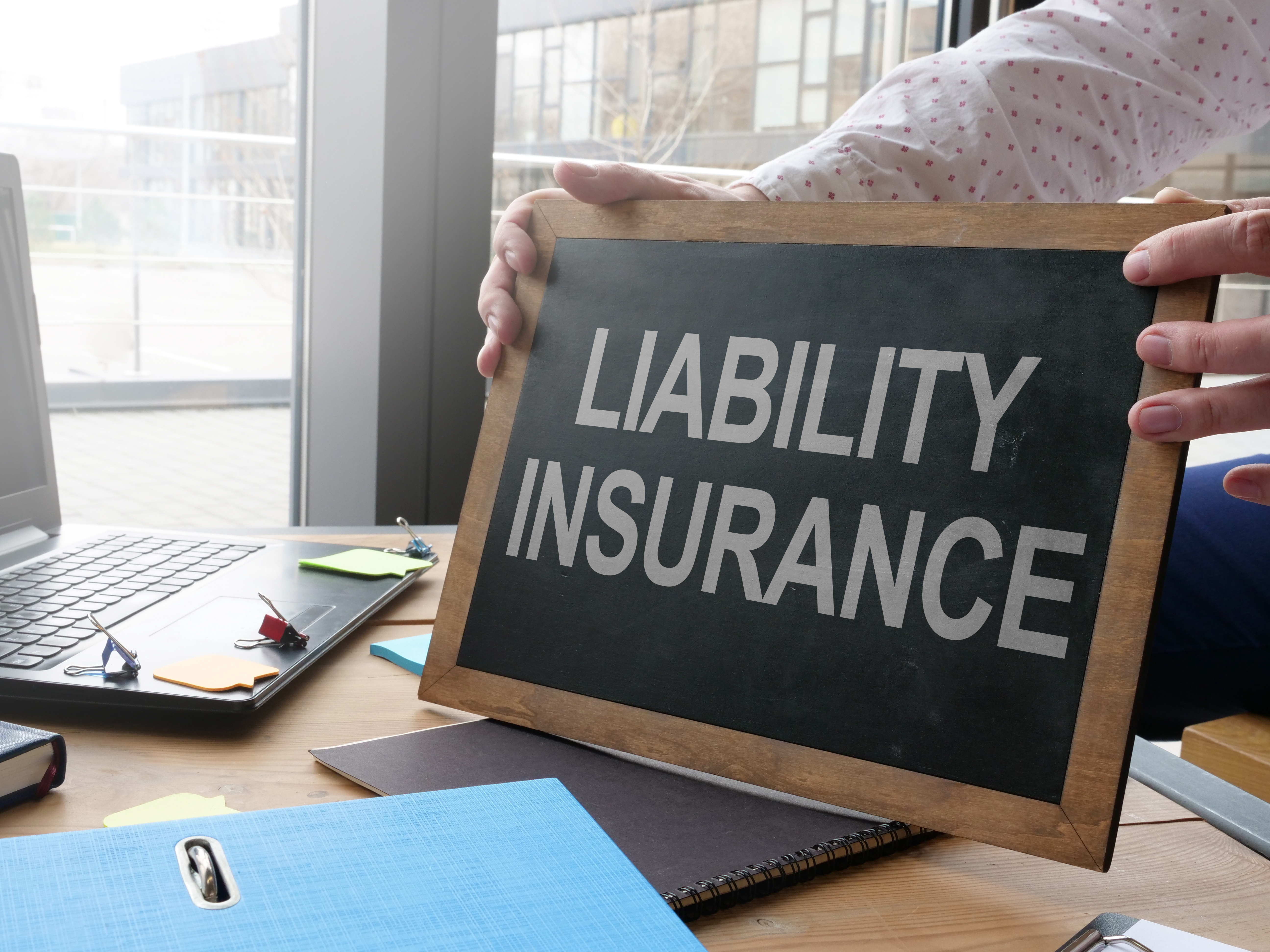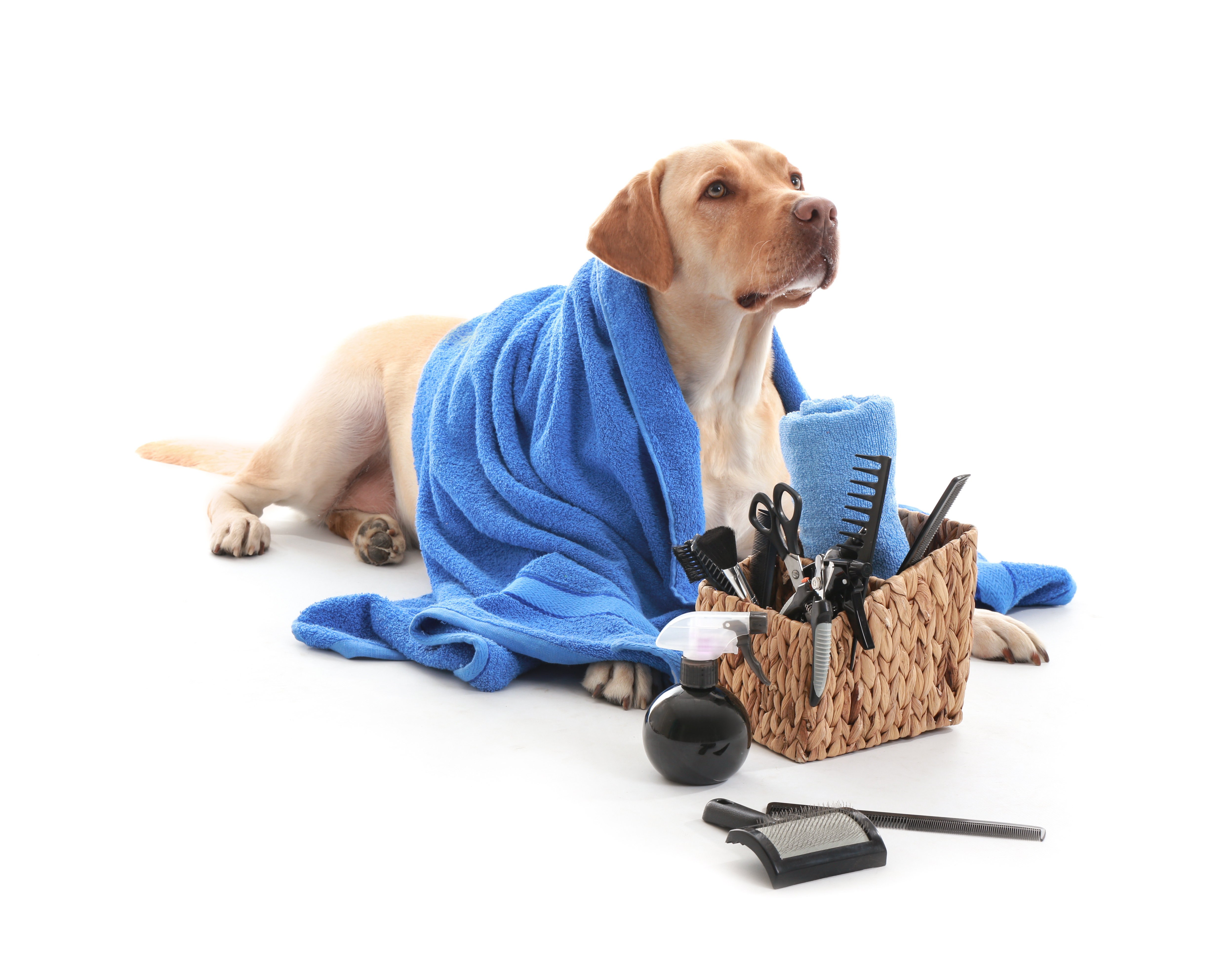Key Takeaways
- Business insurance covers unexpected financial loss and damage
- General liability insurance and property insurance are common insurance types
- Coverage will depend on the industry, assets, employees, revenue, and location
- Every business owner should protect their business with suitable insurance

Commercial insurance keeps businesses operating despite unexpected financial losses and incidents. An insurmountable hardship can turn into a minor speed bump with the help of the right insurance coverage.
Business insurance comes in so many forms that it confounds beginner business owners and entrepreneurs. Read on to equip yourself with foundational knowledge about business insurance.

What is Business Insurance?
Business insurance (AKA commercial insurance) protects businesses from covered perils and losses. Policies can cover asset damage, liability settlements, supply chain disruptions, and other business expenses. Business insurance focuses on mitigating losses and protecting your business. Most businesses pay up to 10% of their annual revenue for insurance.
There is no one-size-fits-all business insurance policy — though small businesses can choose a convenient Business Owner Policy (BOP) bundle. Every business owner should carefully consider which policies they need to comply with legal requirements and operate with an acceptable level of risk.
Types of Business Insurance
Property Insurance
Commercial property insurance is a broad term for insurance that protects physical assets such as buildings, equipment, and inventory.
Property insurance plays a critical role in helping businesses recover from a wide range of perils, including:
Fire damage: Unexpected fire damage can cause devastating property loss. Fire damage property insurance can provide financial assistance for the repairs and replacement of property damaged by fire.
Theft: Businesses with physical property are vulnerable to theft, which causes financial losses and operational disruptions. Commercial property insurance can mitigate the negative impact of theft and burglary.
Vandalism: Most basic commercial property policies cover vandalism and malicious mischief. Note that vandalism losses will be excluded if your business property has been vacant for over 60 days.
Natural disasters: Hurricanes, floods, and earthquakes can cause unparalleled damage to business property. Many businesses cannot rebuild in the wake of natural disasters. Property insurance offers valuable coverage that can help a business recover from such catastrophic incidents.
Liability Insurance
Businesses are highly recommended to obtain commercial liability insurance. If someone files a liability lawsuit against a business, it costs on average $75,000+ in legal fees and settlement. Because of the prevalence of liability claims, most small businesses obtain general liability insurance first over other types of insurance.
General liability insurance: Covers bodily injury, personal injury, and property damages that are caused by your business operations or products. General liability insurance is also known as slip and fall insurance because it covers accidental injuries and third-party risks on your business premises.
Professional liability insurance: Also known as errors and omissions (E&O) insurance. If someone files a claim against your business for negligence, mistakes, or misrepresentation, professional liability insurance can help cover relevant expenses. Medical practitioners need medical malpractice insurance for professional liability claims.
Product liability insurance: If a product sold by your business causes bodily injuries or property damage, product liability insurance can help you cover the cost of compensation. If your business is found liable for the injury, damage, or death, your company could be sued for millions. While product liability insurance isn’t legally mandated insurance, many suppliers, distributors, and manufacturers will only work with a business if they carry the necessary liability insurance.
Business Interruption Insurance
All businesses are vulnerable to unexpected disruptions such as natural disasters, data loss, and geopolitical events. Resuming your normal business operations could cost hundreds of thousands to millions of dollars.
Business interruption insurance covers lost income and operating expenses when business is interrupted by a covered peril. Types of business interruption insurance include:
-
Supply disruption insurance: Supply chain insurance covers disruption costs in case natural disasters destroy your supplier routes and transportation networks. Political unrest, war, and economic sanctions are geopolitical issues that can also hinder your supply chain.
-
Cargo insurance: If your business transports cargo by land, sea, or air, consider cargo insurance. This type of coverage can cover theft, vandalism, and acts of nature that result in cargo loss and damage.
-
Business income insurance: If a covered peril forces your business to stop operations, business income insurance can cover expenses such as payroll, taxes, and rent.
Commercial Auto Insurance
Commercial car insurance covers company vehicles or vehicles you use for business purposes. One of the most common business insurance claims is for auto accidents.
Covered claims include:
- Medical bills of injured drivers or passengers
- Repairs after accidents (based on which driver is found at fault)
- Vehicle damage due to theft, fire, flood, and vandalism
- Damages incurred as your employee drives on a business trip
Commercial Umbrella Insurance
If your business maxes out on liability coverage, commercial umbrella insurance can cover the remaining settlement costs. Umbrella insurance is generally recommended for large companies that can be sued for huge amounts.
Workers' Compensation Insurance
Workers’ compensation provides medical benefits and wage replacement to employees who get injured or sick on the job. Workers’ compensation is extremely important for any business that employs workers, especially if your business operates in a dangerous industry such as construction. Legally, 49 out of 50 states require businesses to purchase workers’ comp to protect their employees. The only exception is Texas.
Cyber Liability Insurance
Cyber liability insurance protects businesses against losses that result from cyberattacks, data breaches, and other cyber threats.
Cyber insurance may cover these perils and expenses:
- DDoS attacks
- Data theft and breaches
- Ransomware and malware
- Crisis management expenses
- Notification expenses
In today’s digital age where many businesses store and process information digitally, cyber liability insurance is essential. Not having adequate protection means that a single data breach could devastate your business and disrupt your operations without a solution in sight.
Equipment Insurance
Equipment breakdown insurance is essential for businesses that rely on tools and equipment. If your equipment is accidentally lost or damaged, tools and equipment insurance can provide financial assistance.
Business Owner’s Policy (BOP)
A commonly sold bundle tailored to the needs of small- and mid-sized businesses. A BOP usually covers a wide range of risks, such as:
- General liability claims
- Property damage
- Fire, wind, and lightning
- Business interruption
- Theft and vandalism
If you want to cover other risks, business insurance companies often offer insurance add-ons and endorsements. These allow you to customize an insurance policy by covering more perils.

What to Consider When Choosing Business Insurance
1. Assess the specific risks and needs of the business
Your industry, employee number, and amount of property can greatly affect your business’ overall risk level. Businesses should pick the business insurance policies that suit their needs.
For example, architects and engineers should purchase professional liability insurance. This is because errors in their work could lead to costly bodily injuries and structural collapse.
Any business that works with partners, suppliers, and customers should at least obtain liability insurance. Liability insurance covers third-party claims, which can easily cost over $75,000 per lawsuit.
2. Decide on a coverage limit
Businesses should judge their revenue and risks to see what coverage options align with their financial needs.
Here are some common claims that can help you get an idea of what policy limit to choose.
-
Liability settlement: ~$75,000. Businesses that work with third parties can expect to file at least one product or liability claim at some point during their operations.
-
Fire damage claim: ~$35,000. Fires are a common peril for businesses with office space and inventory.
-
Auto accident: ~$150,000 to $200,000. Vehicle accidents can result in severe injury, death, and vehicle loss.
3. Consider deductibles and premiums
The deductible refers to how much your business needs to pay before the business insurance coverage will kick in. Many small businesses choose a deductible of $500, whereas larger companies opt for higher deductibles to reduce their monthly premiums.
The premium (i.e. the cost of insurance) varies based on numerous factors such as your business type, industry, number of employees, location, and coverage limit. It’s a good idea to consider your annual revenue when choosing business insurance coverage.
Small businesses usually pay every month:
- $30 to $60 for general liability insurance
- $70 for property insurance
- $150 for commercial auto insurance
- $150 for cyber liability insurance
- $40 for business interruption insurance
Larger companies and enterprises often pay for tailored business insurance policies that are more expensive but better align with their coverage needs. They pay for commercial package policies that serve as pick-and-choose policies with customizable coverage.
4. Research insurance providers and compare quotes
Don’t simply opt for the first insurer that pops up in the search engine. Take time to research different business insurance providers and compare quotes before making a decision. Businesses can benefit significantly from choosing a suitable business insurance, but the wrong type of coverage means a potential waste of budget.
5. Seek advice from insurance agents or brokers
Don’t hesitate to seek advice if you’re uncertain about what insurance suits your business best. An insurance agent or broker can help you quickly identify ideal policies and provide convenient quotes.
Here are some of the best insurance companies to consider for your business.
-
Hiscox: Provides customizable business insurance that protects small businesses. Covers hundreds of professions and even offers short-term liability insurance.
-
The Hartford: A trusted insurance company founded in 1810. Offers excellent small business insurance coverage.
-
Tivly: Offers quick quotes for free. Their comparisons allow you to easily find a business insurance policy that fits your business’ budget and needs.
-
Simply Business: Gives you quotes without requiring a phone call. Convenient and free, Simply Business greatly improves the business insurance shopping experiences.
Common Pitfalls and Mistakes
Underestimating insurance needs and coverage requirements
Commercial insurance has different standards and advised coverage compared to personal insurance. For example, personal auto insurance usually comes with $100,000 bodily injury liability coverage. However, businesses are recommended to choose a commercial auto coverage limit of at least $500,000.
Overlooking exclusions and limitations in insurance policies
Insurance policies can be named peril or open peril. A named peril policy only covers the types of financial losses that are named within the policy. An open peril policy covers any event that isn’t specifically excluded.
Liability insurance and other commercial insurance policies often have excluded perils. The policy will not cover these exclusions. Commonly excluded perils are:
- Criminal claims
- Intentional injury
- Pollution
- Aircraft damage
Failing to update insurance coverage as the business grows and evolves
As small businesses grow, they should look to update their commercial insurance coverage. Larger businesses may be sued for greater amounts, have more property and inventory that can be damaged, and require broader coverage.
So how should businesses update their insurance coverage? Here are the signs.
Asset value: Every year, businesses should review their existing assets. If your coverage limit is insufficient to cover business assets, it’s time to update your insurance policy.
New equipment: If your business has updated its equipment and tools, make sure that your current insurance covers these upgrades. If not, you will need new commercial equipment insurance.
Property changes: If you move your office or expand your facilities, remember to update your insurance coverage.
Employee changes: Workers’ comp insurance needs to comply with legal requirements. If you have significant employee and payroll changes, check your workers’ compensation coverage to ensure it is adequate.
Vehicle changes: Adjustments to your workers’ transportation situation might mean you need additional insurance coverage. Even if your workers are driving their own cars while going on business trips, they may still be able to sue you. Having enough commercial auto insurance will better protect your business.

Summary
Business insurance provides valuable financial assistance, covering property damage, liability costs, theft, auto accidents, and other perils. Most businesses can expect to pay 1% to 10% of their annual revenue for insurance.
It’s true that business insurance premiums can rack up to a frustrating amount, but the financial protection is worth it. Without enough coverage, businesses can be overwhelmed by lawsuits, sunken by financial losses, and troubled by lack of legal compliance.
























